Good education takes a village. For many students, that “village” is the combination of teachers, administrators and parents who primarily interact with children as they learn and grow. In a study conducted by the University of Nebraska-Lincoln, researchers found that when parents and teachers are working together in a student’s life, the student’s “work habits, attitudes about school and grades improve.”
Unfortunately, the partnership between parents and teachers has become tense in recent years. Teachers are leaving jobs en masse due to parental conflicts. Parents are pulling children out of school over curriculum disputes. Administrators are curbing free speech for the sake of prioritizing one ideology over another.
While all of this is happening, it’s kids who suffer the most. It doesn’t have to be like this. Parents and teachers can work together toward a common goal of educating their children. Administrators can see family support as one of the greatest assets they have in developing the curriculum that shapes a child’s understanding of the world.
One of the best solutions for solving the tension between parents and educators is by promoting educational transparency. Parents have a right to know the curriculum and policies their children are being taught for seven to eight hours a day at school. But more than that, education improves when parents and teachers work together.
When things like Diversity, Equity and Inclusion policies, curriculum choices, reading material and grading rubrics are kept from parents, it is hard for them to trust that schools respect their input and feedback. When you add the reality that many schools have chosen to offer a singular viewpoint on certain topics instead of promoting academic diversity, the distrust gets deeper.
There is no way a school can teach every viewpoint that exists, and it’s not realistic to assume schools are there to echo and amplify the particular viewpoints of every individual family represented. However, it is fair to expect transparency regarding what they do choose to teach and what policies they choose to enact – and to welcome thoughtful questions, discussion and even disagreement.
Educational transparency is an opportunity for parents to reinforce and partner with educators for the sake of their students. It is also an opportunity to provide accountability where there is a lack of academic diversity and improve the overall rigor, fairness and educational depth of the curriculum offered.
But most importantly, educational transparency is a way to repair trust between parents and educators. When parents know what is happening in schools:
- They are more engaged in supporting their kids’ learning,
- Academic diversity is increased. That means students and educators have the freedom to share and discuss a wider range of viewpoints,
- Divisions are reduced and areas of common ground are enhanced, so students can thrive.
For the sake of the kids, there must be educational transparency for parents.
